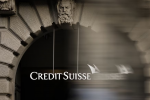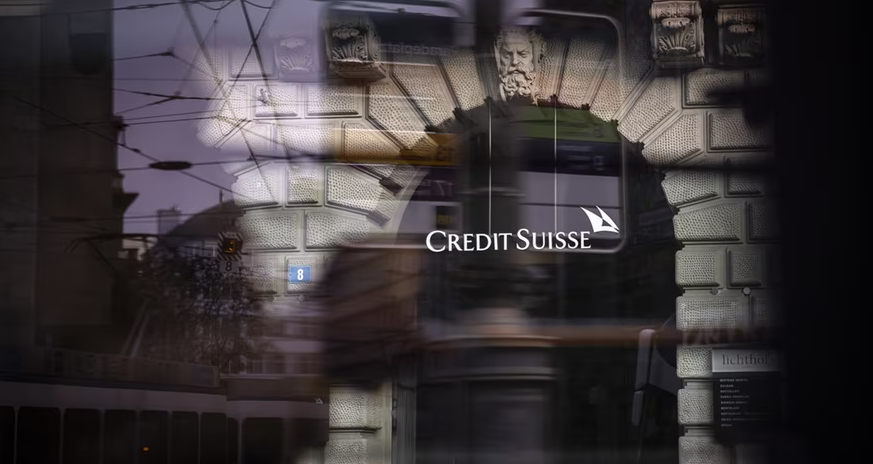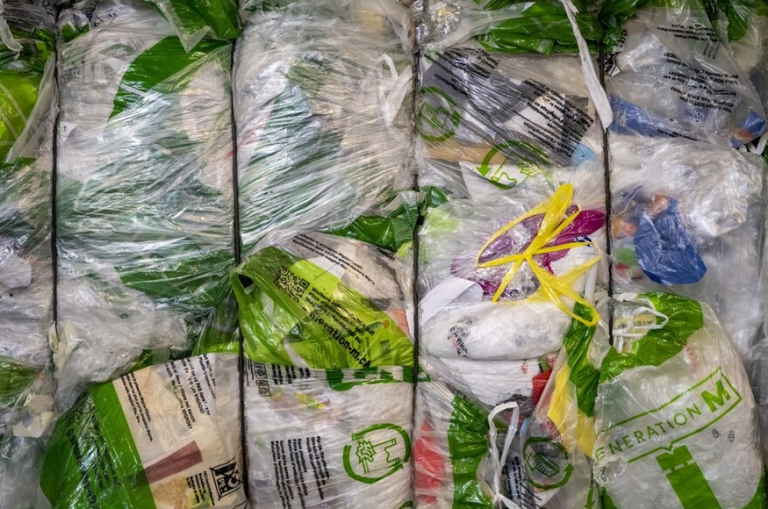Remain vigilant, continue to monitor, but no need for concerted federal action. This was the conclusion of a cabinet report Wednesday on social media and the problems it can provoke, including “fake news” and distorting public opinion. The cabinet decided that, for now, more regulation is not the solution.
The phenomena of fake news and alternative facts is widely debated. Politicians worry over the growing impact of social media on political discourse, even with election results. On Wednesday, the cabinet in Bern took up these concerns while reviewing the legal basis for social media.
Its overall conclusion: risks exist, especially around fake news and the proliferation of unaccountable “social bots” (which generate content automatically and spread it across the web). The transparency of online advertising, not currently regulated under Swiss law, could also become a problem.
However, the cabinet concluded that “it is not possible to say right now to what extent state regulation is necessary.” Instead, the cabinet decided that over-regulation was more of a danger. It opted for a hands-off approach, preferring to ensure that current legal instruments are used as best as possible without added regulations.
The medium-term approach
For the time being, the cabinet said existing law combined with the social media industry’s tendency to self-regulate should be sufficient to protect online users – but it also vowed to keep an eye on the problem.
Examples of current legal options include a law on data protection, currently under review by the justice department: this could possibly have implications for the ownership and usage of data on social media sites.
The interior ministry is also developing projects aimed at informing youth about social media usage, while telecommunications regulations can oblige providers to offer advice at point-of-sale. Finally, security policy can decide to monitor the online activity of specific persons seen as dangerous or a risk to state interest.
On autoregulation, the cabinet referred to the various initiatives and “flagging mechanisms” introduced by groups like Facebook and Google. These offer the possibility of weeding out fake or offensive content without introducing new laws. Though their widespread applicability remains to be seen, they have been used to counter the propaganda of terrorist groups such as Islamic State.
Elsewhere, Germany and some other nations have introduced direct measures to regulate technology groups. There, social media sites face large fines if they fail to give users the option to complain about hate speech, fake news or illegal content.
Full story here Are you the author? Previous post See more for Next post
Tags: Business,newslettersent








































